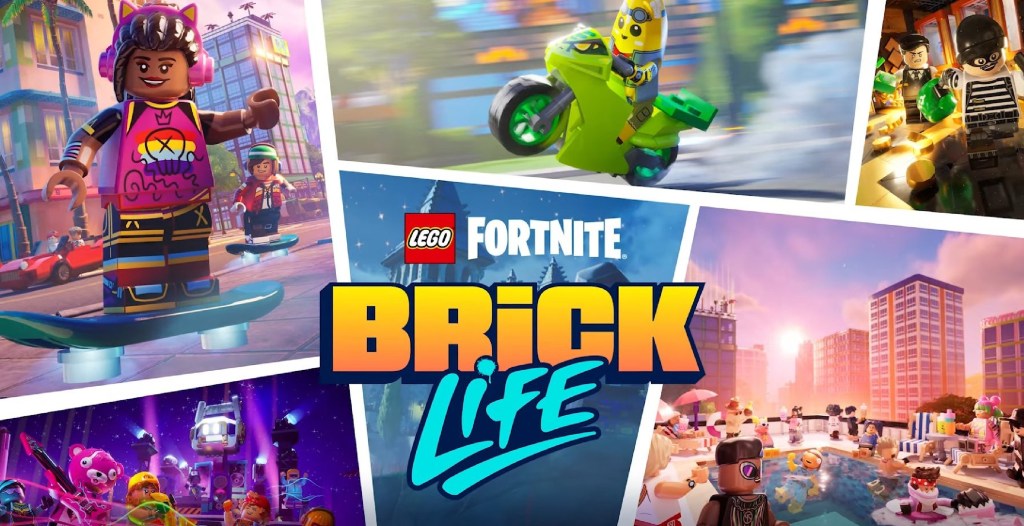It’s a shame that in this big, wide internet, we don’t have a single spot free from celebrities, where we, broke and unrecognizable nobodies, can guzzle down posts in willful ignorance of their existence. In an ideal world, we’d have a version of Raya, the strict dating app for the “elite,” except in reverse—your relative irrelevance would be your worth. This is, of course, because celebrities have ruined just about every existing platform.
This has been true on many online platforms, but the consequences of celebrification have been crystallized by Bella Thorne recently blowing up the OnlyFans scene. In less than a week, the former Disney Channel star made $2 million on the subscription-based site for user-created adult content, setting a new record. After an allegedly misleading $200 pay-per-view image of Thorne prompted a wave of refund requests, OnlyFans prevented vendors from charging over $50 for pay-per-view content and set a $100 limit on tips last week, per the Los Angeles Times. As Rolling Stone reported, all of this—and in an already competitive scene—makes life harder for sex workers who rely on OnlyFans to make a living.
Videos by VICE
It’s not just OnlyFans experiencing this phenomenon: Celebrities have come for every platform that once felt like a space for all the nobodies out there to make whatever they wanted. From YouTube to podcasts to TikTok, celebrities glommed on and brought their resources, privilege, and private access. When celebrities join a platform in droves, they crowd out all the not-yet-really-famous creators who made the platform promising in the first place.
Though YouTube was once “a place someone goes to become famous, not a place someone goes once fame has already happened to them,” as Sophie Kleeman wrote for VICE last August, the 20 months prior brought YouTube content from A-list stars like “Will Smith, Jack Black, Zac Efron, Victoria Beckham, Jennifer Lopez, Alexa Chung, Jason Momoa,” and even Naomi Campbell, who’d all started vlogging. Some of this is glut that people watch for its proximity to fame, but not necessarily for the quality of its content, like Paris Hilton’s completely nonsensical cooking videos.
Podcasts—whose early DIY spirit made “everyone has a podcast” a common retort, as the New York Times concluded last summer—are now dominated by celebrities and major production studios. As of this writing, Armchair Expert with Dax Shepherd and Office Ladies with Jenna Fischer and Angela Kinsey are among the top 25 most popular podcasts in the United States. The chances of beating that as a random person with a microphone seem unlikely.
On TikTok, it’s not just teenagers doing viral dances anymore; it’s now also Vanessa Hudgens doing the “WAP” dance, and so many other celebrities dancing that their clips make up YouTube compilation videos. And what platform is next? It seems Alison Roman, cookbook author and New York Times columnist on hiatus, now has a Substack, the preferred newsletter platform of writers seeking to break out of the mainstream media mold. It wouldn’t be a surprise if others of similarly high profile followed suit.
At this point, Instagram and Twitter are both lost causes. Celebrities are almost never good at Twitter, save for the tweets that can be meme-ified or dunked on by the superior internet brains of non-celebrities. And Instagram is a hellscape precisely because of ostentatious celebrity culture and all people who want to emulate it; no matter how weird some people might get on Finstas, it will forever be dominated by things like Khloe Kardashian’s ever-evolving face.
No platform would ever ban celebrities outright, especially when users like Justin Bieber can pull in over four times more followers on Twitter than the entire population of Australia. It’s nice to dream of a space unfettered by the grip of celebrity—where random creators still have a chance of making it, without the impossible-to-beat competition from actual famous people. But this is the internet, and we can’t ever have nice things.
More
From VICE
-

Screenshot: The Pokemon Company -

Image: Shaun Cichacki -

Screenshot: Nintendo -

Screenshot: Epic Games
